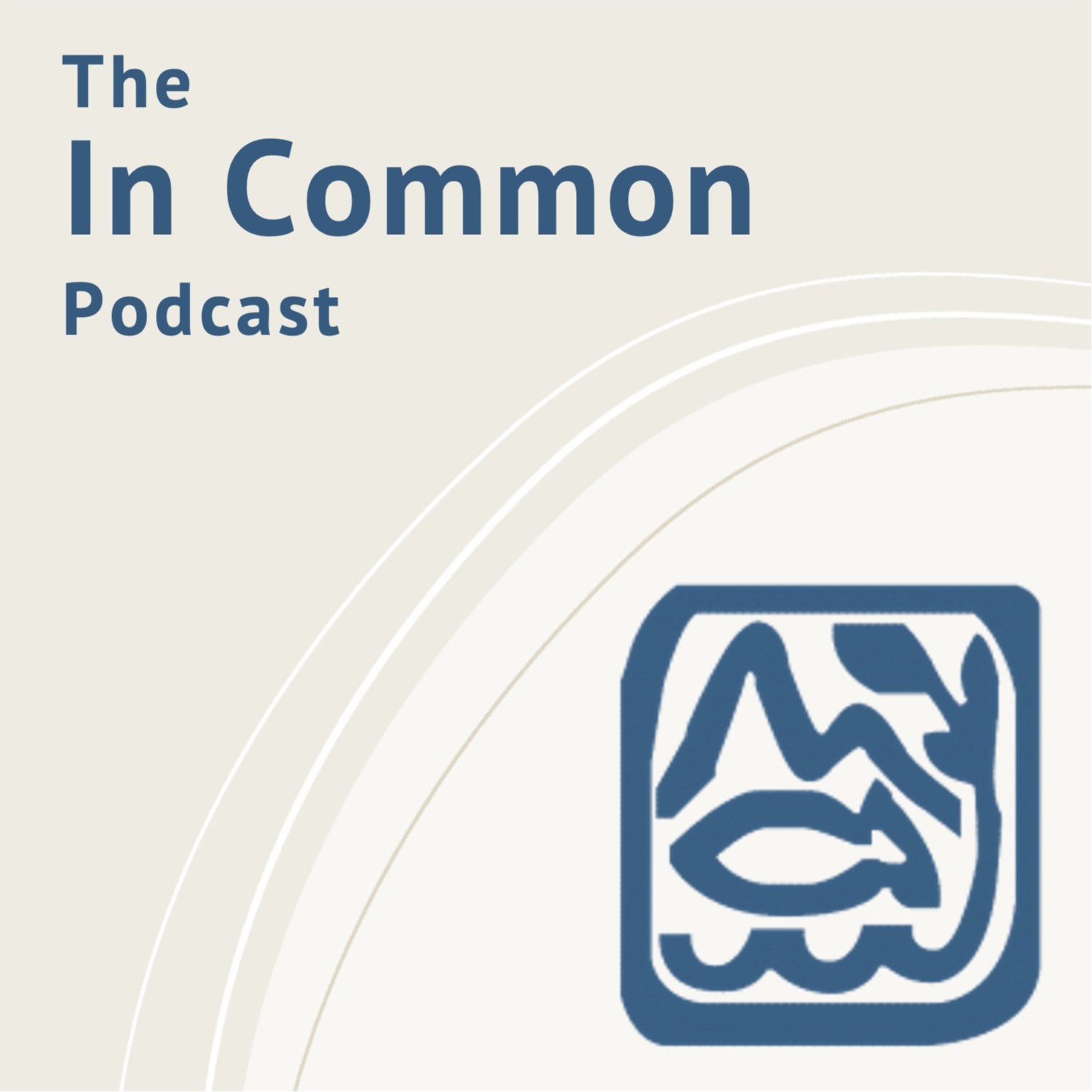
105.3K
Downloads
239
Episodes
In Common explores the connections between humans, their environment and each other through stories told by scholars and practitioners. In-depth interviews and methods webinars explore interdisciplinary and transdisciplinary work on commons governance, conservation and development, social-ecological resilience, and sustainability.
In Common explores the connections between humans, their environment and each other through stories told by scholars and practitioners. In-depth interviews and methods webinars explore interdisciplinary and transdisciplinary work on commons governance, conservation and development, social-ecological resilience, and sustainability.
Episodes
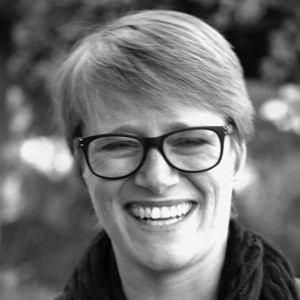
Sunday Apr 26, 2020
037: Pracademics and patchiness with Jessica Cockburn
Sunday Apr 26, 2020
Sunday Apr 26, 2020
Michael and Stefan spoke with Jessica Cockburn, a Lecturer in Environmental Science at Rhodes University, in Grahamstown, South Africa. Jessica identifies as a "pracademic" who often works with local partners to explore how actors across a variety of contexts interact to address sustainability challenges. Her work is highly collaborative. Among the groups she engages with is the Programme on Ecosystem Change and Society (PECS): https://pecs-science.org/.
Topics of the interview include:
The use of "critical realist" philosophy as a basis for engaged research.
The challenge of "pracademics": practical and ethical demands of conducting transdisciplinary research with local partners.
Empirical analysis of "patchy" watershed-scale governance among heterogeneous actor groups.
Jessica's personal website: https://sites.google.com/view/jesscockburn/home
Twitter: https://twitter.com/jess_cockburn
Jessica's paper that Michael mentioned:
Cockburn, Jessica, Georgina Cundill, Sheona Shackleton, Mathieu Rouget, Marijn Zwinkels, Susanna (ancia) Cornelius, Liz Metcalfe, and Dieter van den Broeck. 2019. “Collaborative Stewardship in Multifunctional Landscapes: Toward Relational, Pluralistic Approaches.” Ecology and Society 24 (4). https://doi.org/10.5751/ES-11085-240432.
Tiny book title: A story of hope from a patchy place.
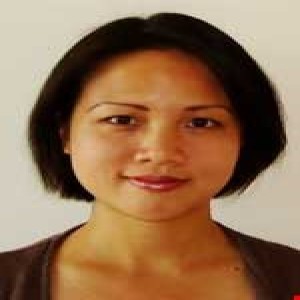
Friday Apr 24, 2020
Friday Apr 24, 2020
Michael and Stefan interview Liana Chua.
Liana is a social anthropologist at Brunel University London with long-term ethnographic interests in Borneo, ethnic politics, development, more-than-human landscapes, visuality, and materiality. Her current research revolves around the social, political, aesthetic, and affective dimensions of the global nexus of orangutan conservation.
Liana received her PhD in Social Anthropology from the University of Cambridge, her MPhil in Social Anthropological Analysis from the University of Cambridge, and her BA in Modern History from the University of Oxford.
Topics include:
- How social anthropology contributes to conservation research and practice
- The out-group homogeneity effect
- Boundary objects and being open to new ideas
- Tips for effective collaborative research
- The risk of interdisciplinarity
We frequently reference a recent paper led by Liana, published in the journal People and Nature, titled “Conservation and the social sciences: Beyond critique and co-optation. A case study from orangutan conservation”.
Link to paper Liana’s recent paper in the journal People and Nature:
https://besjournals.onlinelibrary.wiley.com/doi/10.1002/pan3.10072
Liana’s university page:
https://www.brunel.ac.uk/people/liana-chua
Liana’s Twitter:
https://twitter.com/liana_chua?lang=en
Finding Sustainability Podcast
@find_sust_pod
https://twitter.com/find_sust_pod
Environmental Social Science Network
https://twitter.com/ESS_Network
@ESS_Network
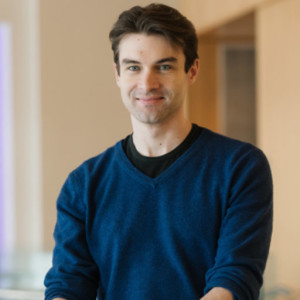
Monday Apr 20, 2020
035: Bacteria, public goods, and Interdisciplinarity with Carey Nadell
Monday Apr 20, 2020
Monday Apr 20, 2020
In this episode, Michael interviews a colleague of his from Dartmouth College, Carey Nadell. Carey is a professor of biological sciences at Dartmouth, and he studies the the evolution of cooperation and conflict among bacteria in the context of their complex communities. His research program shares the same fundamental framing as many commons scholars studying how communities of resource users can avoid the tragedy of the commons. Carey and Michael discuss the relationship between their own research programs based on this shared framing.
Both Michael and Carey are members of Dartmouth's interdisciplinary PhD program in Ecology, Evolution, Environment and Society (EEES), which they also discuss.
Carey's website: http://nadell-lab.org/

Thursday Apr 16, 2020
034: Reflexivity and the digitalization of academia with Klara Winkler
Thursday Apr 16, 2020
Thursday Apr 16, 2020
In this episode, Stefan interviews Klara Winkler. Klara is a postdoctoral researcher at McGill University in Canada, where she is also the Deputy Science Director of the ResNet project, which aims to “To transform Canada's capacity to monitor, model, and manage its working landscapes and all the ecosystem services they provide for long-term shared health, prosperity and resilience for all Canadians.”
Klara is from Germany, where she earned her PhD from the University of Oldenburg. Her thesis was titled “Once more with feelings: Harnessing human-nature relationships for the governance of social-ecological systems”. She received a MSc from Lund University in Sweden, with a thesis titled, “More than wine: cultural ecosystem services in vineyard landscapes”.
In the podcast we discuss:
- The challenges and opportunities of further digitizing academia
- Reflexivity in research practice, including our own emissions
- The challenges of being far away from our objects of study
- Skype a Scientist initiative
Klara’s lab page
http://bennettlab.weebly.com/klara.html
ResNet project page
https://www.nsercresnet.ca/index.html
https://www.skypeascientist.com/
Klara’s Google Scholar
https://scholar.google.com/citations?user=6wI_zcIAAAAJ&hl=en&oi=ao
Finding Sustainability Podcast
@find_sust_pod
https://twitter.com/find_sust_pod
Environmental Social Science Network
https://twitter.com/ESS_Network
@ESS_Network
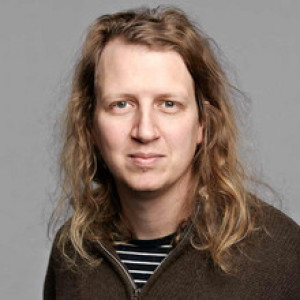
Monday Apr 13, 2020
Monday Apr 13, 2020
In this episode, Stefan interviews Henrik von Wehrden.
Henrik is the Dean of the Faculty of Sustainability at Leuphana University in Germany, where he also holds a professorship in quantitative methods in sustainability science.
Henrik was one of the first guests on the podcast, and you can hear our previous interview in episode 003, which gives a more general overview of his background and work.
In this episode we discuss:
- Henrik’s understanding of the COVID19 data, and how he used existing models to foresee its spread
- The usefulness of using mixed methods to understand the data
- The role of sustainability science
- How COVID19 may change academia
- What we can learn from this global challenge
Henrik’s university page
https://www.leuphana.de/en/institutes/institute-of-ecology/team/henrik-von-wehrden.html
Henrik’s lab page
https://henrikvonwehrden.leuphana.de/
Henrik's Google Scholar:
https://scholar.google.de/citations?user=RmW1avAAAAAJ&hl=en&oi=ao
Finding Sustainability Podcast
@find_sust_pod
https://twitter.com/find_sust_pod
Environmental Social Science Network
https://twitter.com/ESS_Network
@ESS_Network
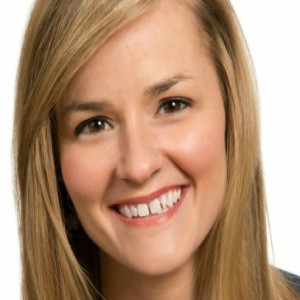
Monday Apr 06, 2020
032: Food systems, applied research, and open science with Meredith Niles
Monday Apr 06, 2020
Monday Apr 06, 2020
In this episode Michael is joined by Courtney Hammond Wagner to interview Meredith Niles. They spoke about Meredith's past life as a policy professional, her transition to the world of academia, her applied work on food systems and use of psychological theory. Also, Michael and Meredith shared their passion for open science resources!
Meredith's website: www.meredithtniles.com
Resources on open science:
Sherpa Romeo: http://sherpa.ac.uk/romeo/index.php
SPARC: https://sparcopen.org/
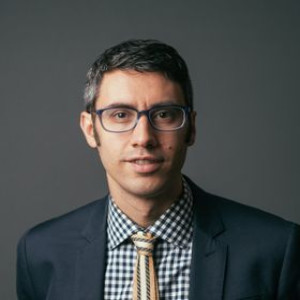
Thursday Apr 02, 2020
Insight #12: Jeremy Caradonna on the history of sustainability thinking
Thursday Apr 02, 2020
Thursday Apr 02, 2020
This insight clip is taken from episode 004 of the podcast with Jeremy Caradonna.
Jeremy holds a PhD in the history of scientific, environmental, and political thought, and teaches Environmental Studies and Human Dimensions of Climate Change at the University of Victoria. He is also the author of the book ‘Sustainability: A history’, published by Oxford University Press in 2014.
In the podcast we discuss:
- Indigenous versus modern notions of sustainable societies
- The rise of sustainability thinking in Europe
- Early links between environmental degradation and human wellbeing
- The link between economic thought and sustainability
Jeremy's website
https://www.jeremycaradonna.com/
Link to Jeremy's book 'Sustainability: A history'
https://global.oup.com/academic/product/sustainability-9780199372409?cc=de&lang=en&
Cool video summary of the book 'Sustainability: A history'
https://www.youtube.com/watch?v=hho1h7OR6l8
Finding Sustainability Podcast
@find_sust_pod
https://twitter.com/find_sust_pod
Environmental Social Science Network
https://twitter.com/ESS_Network
@ESS_Network
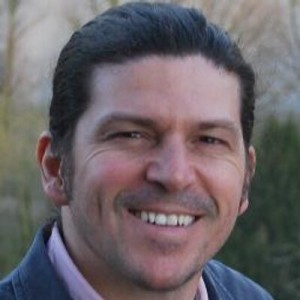
Monday Mar 30, 2020
Monday Mar 30, 2020
Michael Cox and Stefan Partelow interview Jose Luis Vivero-Pol.
Jose Luis is an engaged scholar associated with the Universities of Louvain, Cordoba, Edinburgh and the Spanish Right to Food Observatory. His research interests include food valuations (rights, commodity, public good, commons) and food systems in transition. In particular, how normative food narratives shape food policies, and collective arrangements in customary and contemporary food commons.
In the podcast we discuss the following topics:
- Current food narratives and policy implications
- The “food as a commons” framework
- Different schools of thought on commons
- Difference between water and food being framed as commons
- Influence of COVID19 on food systems
- What Ostrom’s school of thought can learn from reframing food as a commons
- Why interdisciplinarity is necessary but difficult to exercise
Jose’s Twitter
https://twitter.com/JoseLViveroPol?s=20
Jose’s articles, books and presentation referenced in the podcast:
https://www.mdpi.com/2071-1050/9/3/442
https://papers.ssrn.com/sol3/papers.cfm?abstract_id=2947219
https://www.researchgate.net/publication/332244503_Food_as_a_new_old_commons
Finding Sustainability Podcast
@find_sust_pod
https://twitter.com/find_sust_pod
Environmental Social Science Network
https://twitter.com/ESS_Network
@ESS_Network
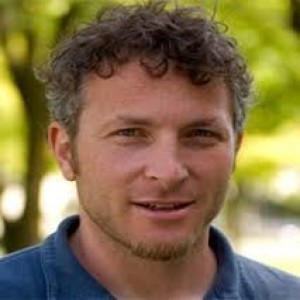
Thursday Mar 26, 2020
Insight #11: Mark Lubell on the ecology of games and polycentricity
Thursday Mar 26, 2020
Thursday Mar 26, 2020
This insight clip is taken from Michael Cox’s interview with Mark Lubell in episode 023 of the podcast. In the clip, Mark talks about the ecology of games theory and its link to the history of research on polycentric governance.
Mark is a Professor in the Department of Environmental Science and Policy at the University of California, Davis, where he is also the Director of the Center for Environmental Policy and Behavior.
https://environmentalpolicy.ucdavis.edu/
https://environmentalpolicy.ucdavis.edu/people/lubell
Mark’s research focuses on human behavior and the role of governance institutions in solving collective action problems and facilitating cooperation. The collective action problems associated with environmental policy provide a laboratory for his research. Current projects include watershed management, environmental activism, agricultural best management practices, and institutional change in local governments. He also dabbles in experimental economics and simulation techniques to further explore collective action theory.
https://scholar.google.com/citations?user=MQiMFHIAAAAJ&hl=en&oi=ao
Finding Sustainability Podcast
@find_sust_pod
https://twitter.com/find_sust_pod
Environmental Social Science Network
https://twitter.com/ESS_Network
@ESS_Network

Thursday Mar 19, 2020
Insight #10: Krister Andersson on reframing deforestation
Thursday Mar 19, 2020
Thursday Mar 19, 2020
This Insight clip is taken from episode 011 of the podcast with Krister Andersson.
Krister Andersson is a Professor of Political Science at the University of Colorado, Boulder. His research focuses primarily on governmental reforms to address social and environmental problems in developing countries. He examines the politics of environmental governance and is interested in local institutional arrangements and the role they play in explaining policy outcomes.
Krister’s Google Scholar page
https://scholar.google.de/citations?user=PJ2c5_kAAAAJ&hl=de&oi=ao
University webpage
https://www.colorado.edu/polisci/people/faculty/krister-andersson
Finding Sustainability Podcast
@find_sust_pod
https://twitter.com/find_sust_pod
Environmental Social Science Network
https://twitter.com/ESS_Network
@ESS_Network
